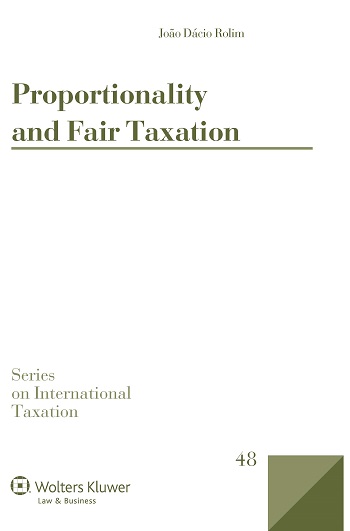
Although tax law is the subject of countless books, few concern themselves with elucidating the way tax rules manifest the fundamental principles of reasonableness and proportionality that must guide all tax legislation. This book, focusing on case law in a number of domestic and international jurisdictions, shows clearly how to draw on these principles to bring forth the fairness and efficiency elements in any tax policy or tax dispute.
Case law is the author’s chosen means of investigation because cases alleging discrimination or unfairness are remarkable illustrations of how reasonableness and proportionality work in tandem as tools to assess the fairness and consistency of rules. Jurisprudence from national jurisdictions (such as the US Supreme Court), the International Court of Justice, the European Court of Human Rights, the European Court of Justice, and the World Trade Organization are examined to reveal how the fundamental principles are applied to specific claims in tax matters. The author emphasizes how the principles come to the fore in such areas of practice and policy as the following:
Throughout, the investigation also reveals how tax law frequently overlaps with competition law, administrative law, environmental law, and constitutional law, and how principles from these areas of practice can affect the adjudication of tax cases. Practitioners, academics, and policymakers will appreciate how the book reveals the extent to which an informed awareness of proportionality coupled with reasonableness is essential for the fair, consistent, and effective application of tax rules or measures. Tax lawyers will find valuable insights that will help with both litigation and counselling.